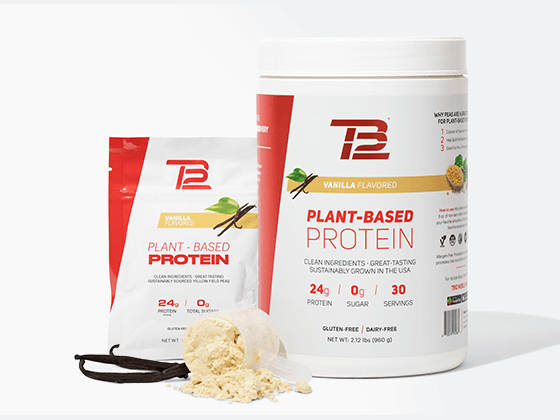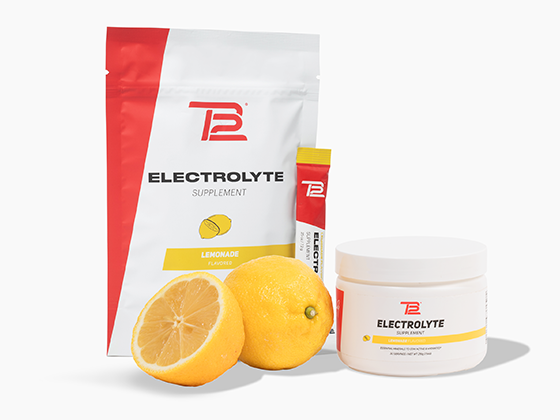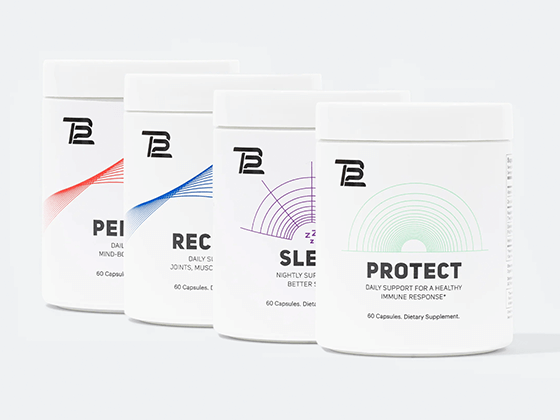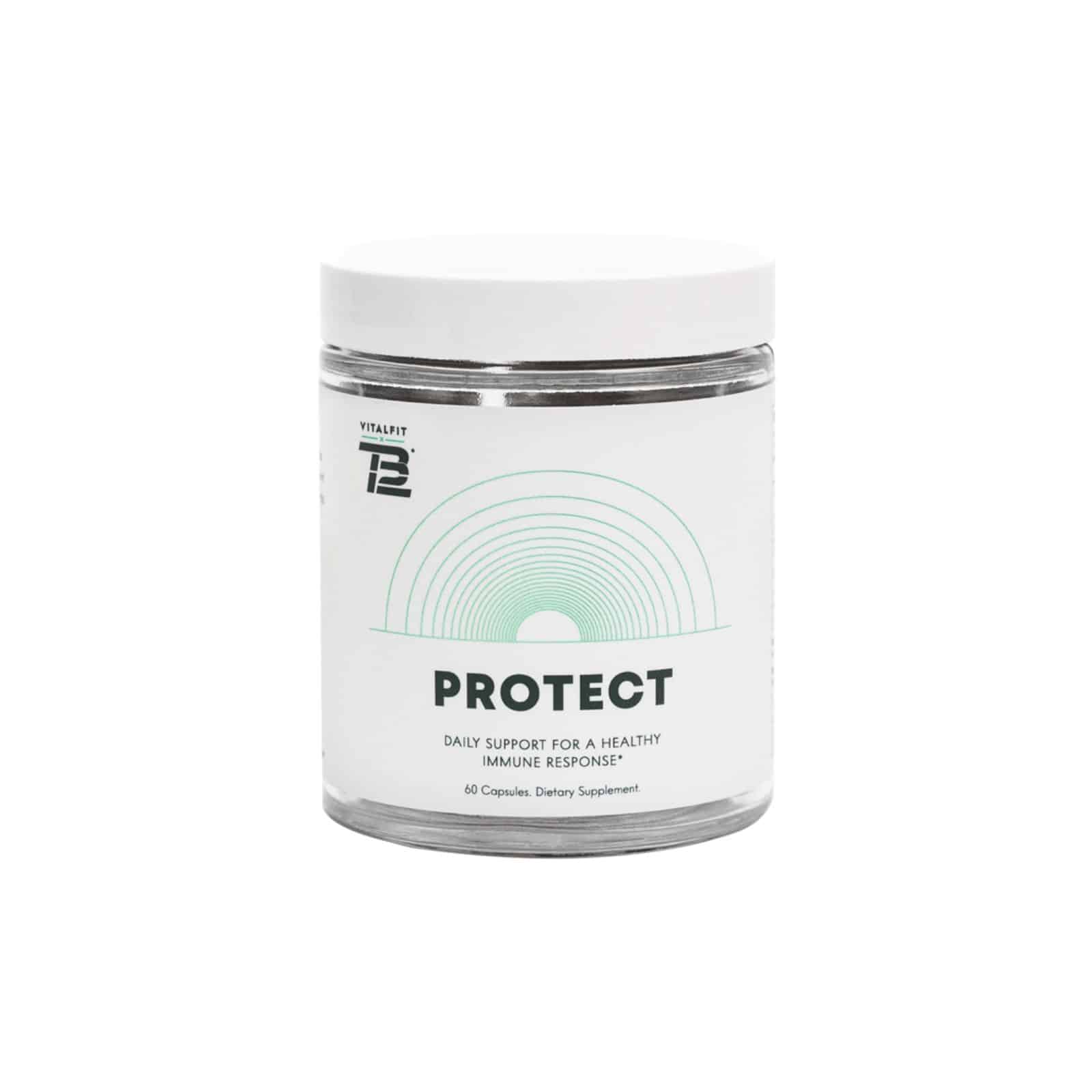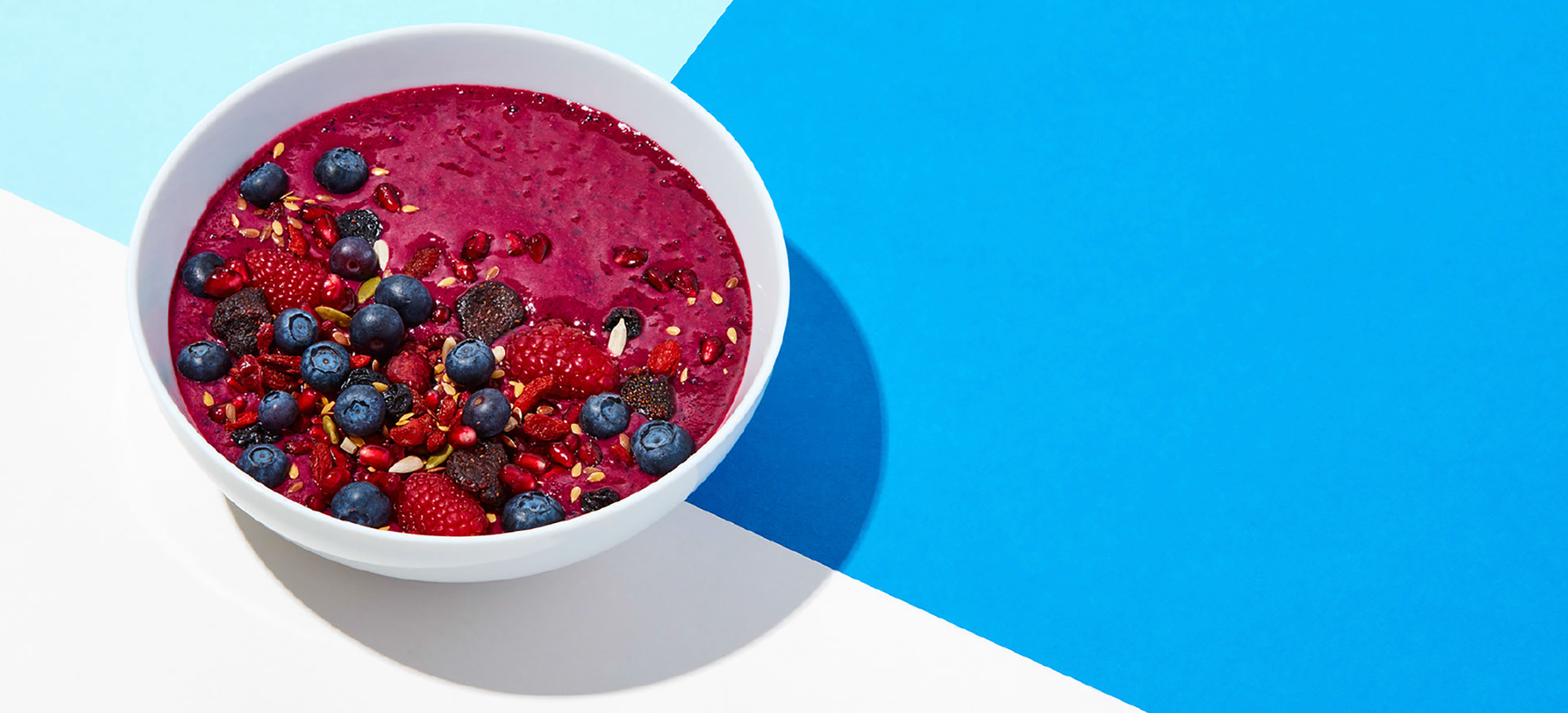Supporting your immune system doesn't have to be difficult. Nowadays, it can be as easy as taking a stroll down the aisle of your local grocery store. We sat down with Diplomate of Chinese Medicine Michelle Kim to come up with a list of 6 antiviral foods you can add to this week's grocery list.
The phytonutrients found in simple plant foods and herbs your kitchen can actually have powerful anti-viral properties! These top 6 support the immune system and help fight against numerous viruses that cause infection in humans.
1. Lemon Balm
Lemon balm is a plant commonly used in teas and seasonings. The extract is a concentrated source of potent essential oils and plant compounds, such as tannins, polyphenols, and terpenes. Research suggests it may helpful for managing anxiety and stress, and may improve sleep for those with insomnia. Topically, lemon balm extract may decrease the severity and length of symptoms from cold sores (herpes simplex virus).
2. Elderberry
Elderberry is a nutrient rich fruit, rich in flavonoids, quercetin, carotenoids, and Vitamin C, to name a few. Research suggests elderberry may be effective in reducing the length and severity of symptoms in those with the flu. Note: this does not apply to COVID-19.
3. Garlic
Garlic enhances immune system response by stimulating protective immune cells, which may safeguard against viral infections. It is best to eat garlic within 15 minutes of being crushed or chopped, because it produces allicin, which research shows has antiviral properties. Research suggests garlic may be effective in lowering LDL, aka “bad” cholesterol, and can also decrease blood pressure in those who are hypertensive. Topically, it may help manage tinea pedis (athlete’s foot) and tinea cruris (jock itch). It can also support immune health by stimulating protective immune cells.
4. Oregano
Oregano is a popular herb from the mint family and has a plant compound called carvacrol – which is believed to be responsible for oregano’s antiviral properties. In a lab study, isolated carvacrol reduced activity of murine norovirus (MNV) – which is highly contagious and the primary cause of stomach flu in humans – within 15 minutes of exposure. Carvacrol also exhibits antiviral activity against herpes simplex virus type-1 (HSV-1); rotavirus, which causes diarrhea in infants and children, and respiratory syncytial virus (RSV), which causes respiratory infections. The oil of oregano is a super concentrated form of carvacrol.
5. Apple Cider Vinegar
Apple cider vinegar (ACV) is the fermented juice of crushed apples. Due to its acetic acid profile, ACV has some anti-bacterial properties. Research suggests it may inhibit the growth of the bad bacteria: staphylococcus aureus and pseudomonas aeruginosa. The acid in ACV may also help thin out mucus due to colds and allergies.
6. Ginger
In one study, fresh ginger protected against HRV (human respiratory syncytial virus, a major cause of lower respiratory tract infections) by blocking the virus’ ability to attach to cells and stimulating the release of compounds that help counteract viral infections. Another study showed fresh ginger blocks respiratory virus-induced plaque formation on airway epithelium by blocking viral attachment and internalization.
6 Foods With Antiviral Properties | Michelle Kim from TB12 Sports

